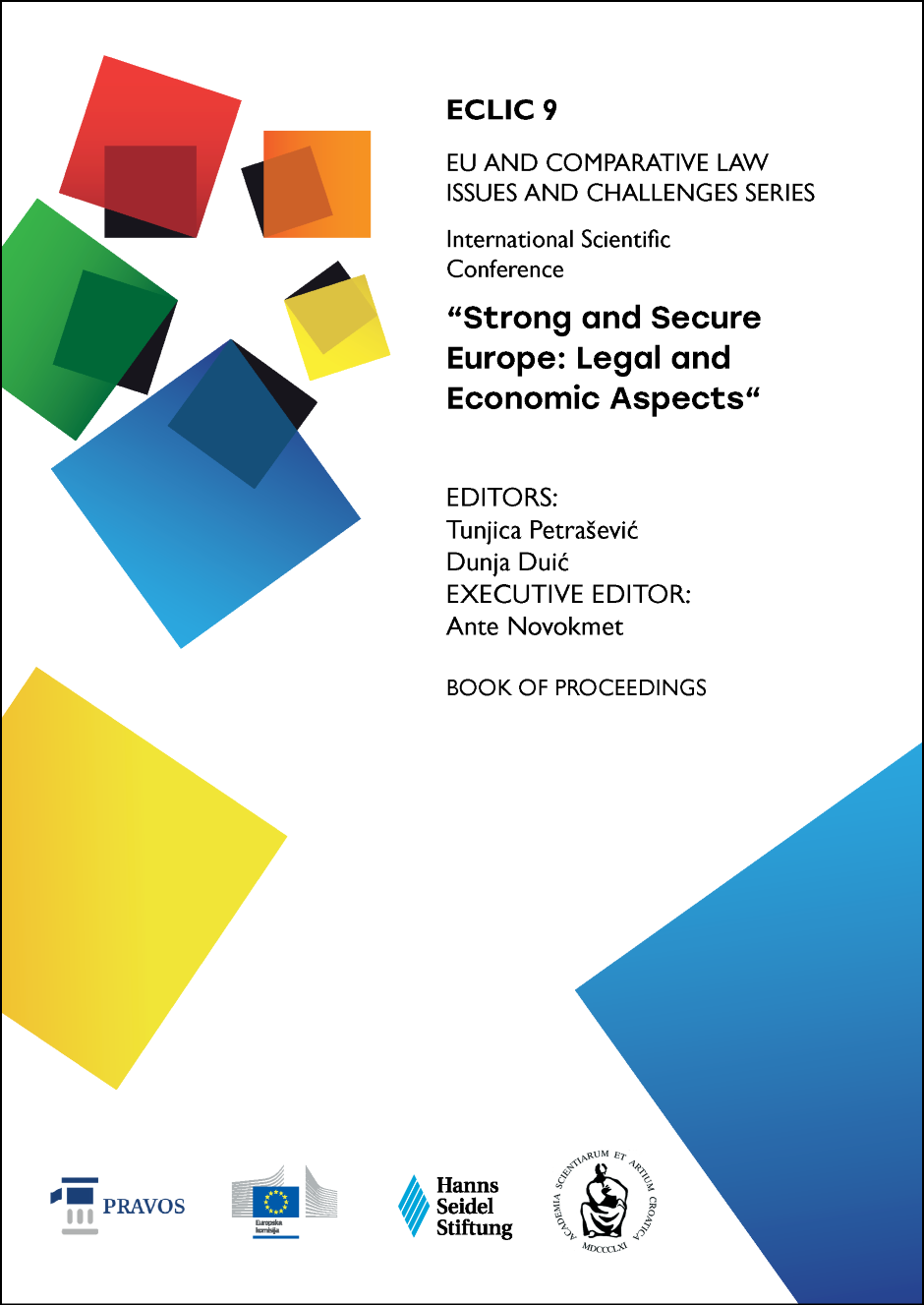ROLE OF THE PARENTS IN THE EXERCISE OF THE CHILD’S RIGHT TO FREEDOM OF THOUGHT, CONSCIENCE AND RELIGION
DOI:
https://doi.org/10.25234/eclic/38104Abstract
The right of the child to freedom of thought, conscience and religion is one of the four participation rights of the child, protected under Article 14, paragraph 1 of the UNCRC. As such, it enables the child to be an active member of society. However, due to child’s vulnerability, immaturity and dependency on adults, the role of parents in exercising this (and other) right(s) is of a great importance. As the child’s legal representatives, parents are entitled to provide direction and guidance in the exercise of this child’s right (Article 14, paragraph 2 of the UNCRC). Nevertheless, according to Family law theory, such direction and guidance must be subject to certain limitations. Additionally, parents are entitled to decide about child’s religious upbringing, which can result in conflict between their right to determine child’s religion and child’s rights, such as right to education, right to life, survival and development, and rights to physical integrity, self-determination and health. Conflicts are also likely to arise in case of divorce of parents in regarding the determination of child’s religious upbringing. While discussing the right to determine child’s religion, the role and rights of adoptive parents shall not be overlooked. Finally, the limitations of the right of the child to manifest religion are also examined.
Downloads
Published
Issue
Section
License
Copyright (c) 2025 Ivan Šimović, Josipa Kokić

This work is licensed under a Creative Commons Attribution-NonCommercial 4.0 International License.
Authors retain the copyright on the papers published in the Journal, but grant the right of first publication to the Journal. Papers accepted for publication or already published in ECLIC of the Faculty of Law in Osijek may be published by the author(s) in other publications only with proper notice of its previous publication in ECLIC.


